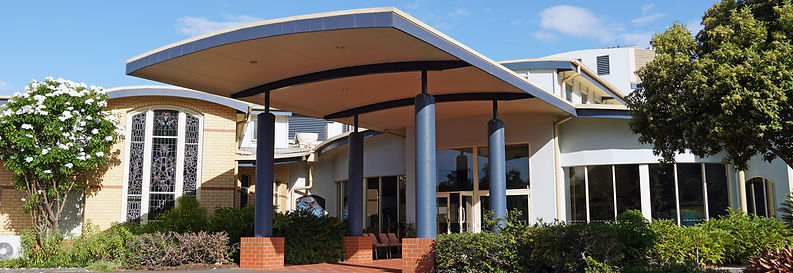The Grace of Gratitude
- CKCC Community

- Oct 18, 2019
- 2 min read
It is said that when Rudyard Kipling was at the height of his literary career, he received 50 cents for every word he wrote. Some students at Oxford University heard of this, and were apparently not as impressed as they might have been. They sent Kipling 50 cents, with the request that he send them one of his best words. Immediately Kipling cabled back a one-word message: "Thanks!"
"Thanks" is indeed one of the very best words in the language, and lies at the heart of the reading from Luke 17 – the story of ten men with leprosy who approached Jesus as a group, and sought healing. Jesus told them to go and show themselves to the priests; "and as they went, they were made clean." Only one of the ten returned to say thanks to Jesus.
Like the priest and the Levite in the Good Samaritan story, we all see wounded people by the roadside. But only some of us see as the Samaritan saw, and as Jesus saw, as an opportunity to do something. What Luke wants us to understand is the need not only to notice people, but to see more deeply – to perceive the opportunity to be merciful. The challenge for us today is to see in that deeper sense.
This particular healing took place at three levels. Clearly it was a physical healing, as the symptoms of a terrible disease faded. It was also a social healing, as they no longer needed to suffer the ostracism from mainstream society. It was very much a restoration to family and community life; and healing today operates in very much the same way. But there was a third element of healing, that of gratitude.
One of the significant elements of our worship is that of thanksgiving and praise to God. Sometimes people have argued that God is not so small as to need such continual praise; and it's true. God does not really need our praise. The need is more in us, and to offer that gratitude to God enables us to grow – to see things in a better perspective. That's why intercession is best linked to thanksgiving.
It isn't really surprising, especially in Luke's gospel, that it was a foreigner who found the extra gift of salvation by faith. It is in Luke's portrayal of Jesus in particular that we see a great compassion for the poor and marginalised. But we find that when people have great need, many other distinctions become almost meaningless.
The grace of gratitude or the grab of greed; there is an enormous difference, reflected in the lives of people. What we see today is that 'gratitude is an expression of faith;' and the grace of gratitude is to hear the salvific word of Jesus: "Get up and go on your way; your faith has made you well."
Clive W Ayre




%20.jpg)

.jpg)


Comments